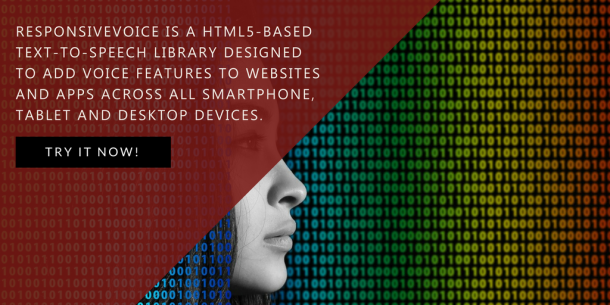Children with learning disabilities like dyslexia can benefit from both audiobooks and text-to-speech (TTS). Kids can listen to the text being spoken as they look at the words. Much as they accomplish the same thing, audiobooks and TTS differ in a lot of ways.
The Difference Between Audiobooks and Text-to-Speech
An audiobook is a voice recording of a book being read aloud by a real person while TTS speaks the text on a computer or mobile device using computer-generated voices. The quality of the voice for audiobooks is much better and natural because a real person is speaking. A reader can hear the emotion, change in tones and inflection.
Speech synthesis has vastly developed over the years, but even though TTS voices don’t sound as robotic as they used to in the early years, computer-generated voices are still distinguishable from human voices. Sometimes words are not properly pronounced and spoken in a monotone.
Audiobooks are usually formatted as MP3 files and played on a computer, tablet or mobile phone. TTS-enabled books. on the other hand, are coded or programmed into electronic devices through an application. This application can then convert the text into the spoken word.
Readers usually listen to the audiobook while turning the pages of the actual book or the printed copy. The disadvantage here and a problem for readers with dyslexia is that the words being read aloud are not highlighted. However, there are audiobooks now that are synced to the digital version of the book. The words are highlighted as they are read aloud.
Most TTS apps highlight the text as they are being spoken. Multiple voices according to gender and ethnicity are also available. Google’s DeepMind elite unit of researches using WaveNet technology has achieved a breakthrough in making machines talk almost like a human. If this technology goes mainstream, then reading a book through TTS will be more enjoyable and interesting.
Navigation with audiobooks is quite cumbersome since you have to rewind or go forward to find a specific sentence, while with TTS, readers can use the search function and the text can be read and spoken once it is found.
Amazon added the text-to-speech feature in their Kindle devices in the past so that purchased books can be read out loud, but they were forced to remove it when book publishers and the Authors Guild claimed its use was illegal. Amazon decided to make the TTS feature optional for every individual book and only a few publishers allow it. TTS is not available for all titles in the Kindle store. This is unfortunate since there are books that don’t have the audiobook versions. But until the Authors Guild allows TTS to be made available for all purchased books using Kindle, readers that need text to be spoken like the visually impaired have to look for other options.
Be that as it may, knowing the difference between these two assistive technologies will help parents and teachers find the right tool for children with reading problems.
Enable your site or app to reach more audience. Try ResponsiveVoice TTS now!

Read more: E-books, Audio books, and Text-to-speech


